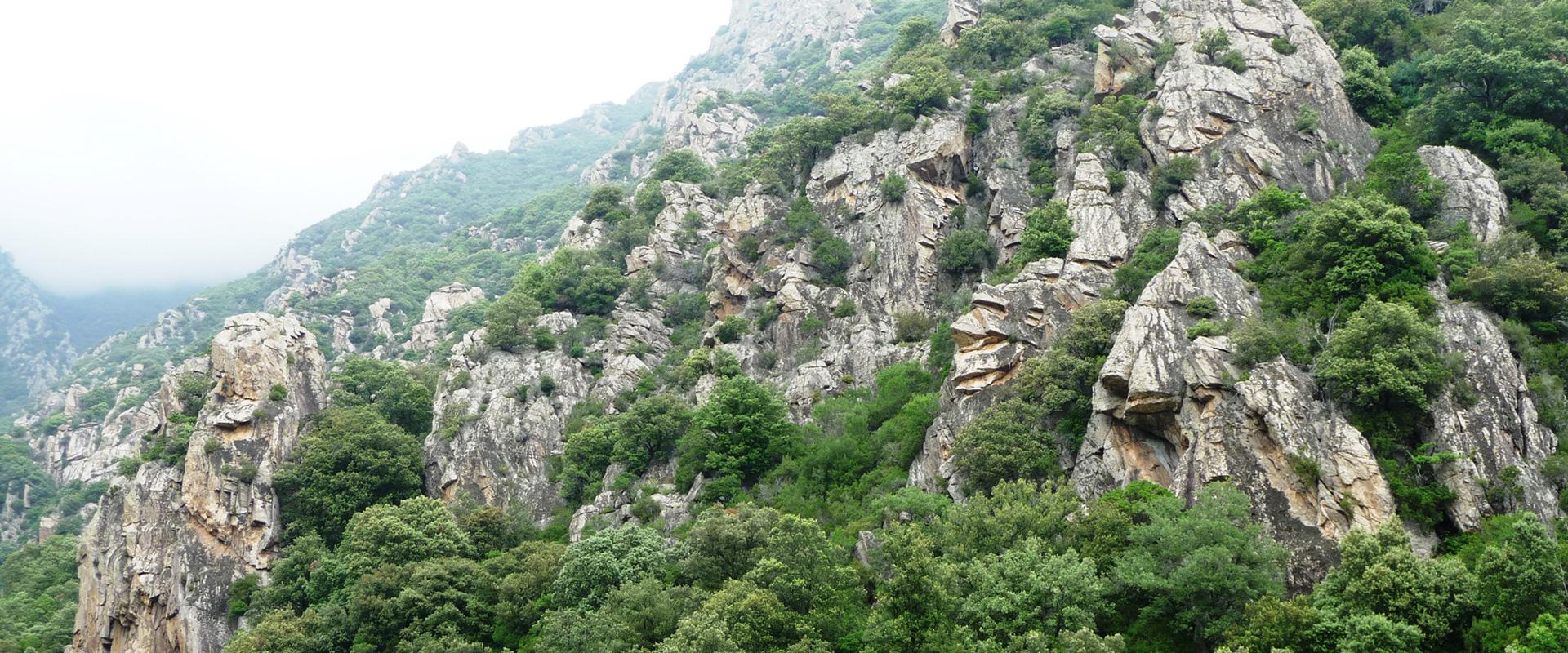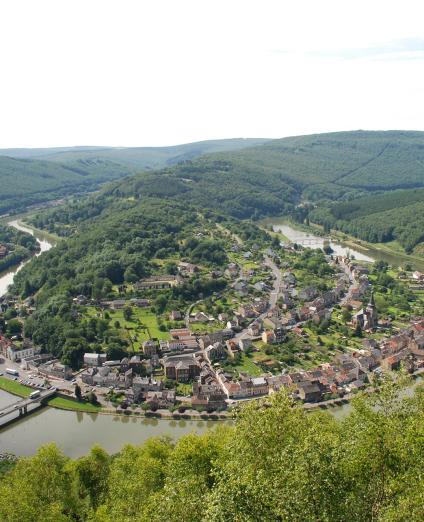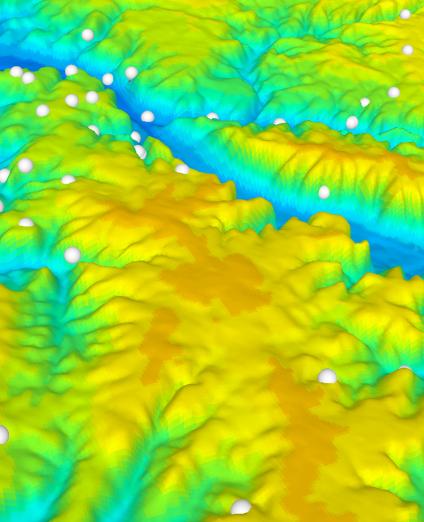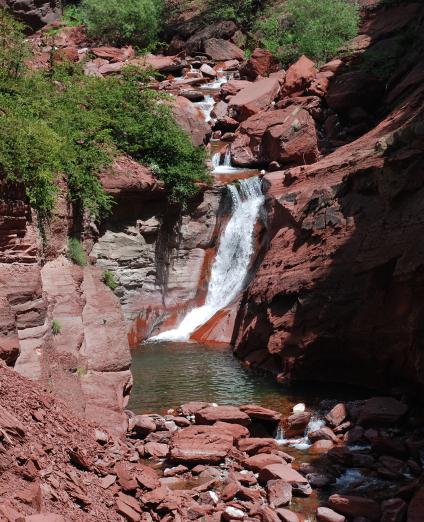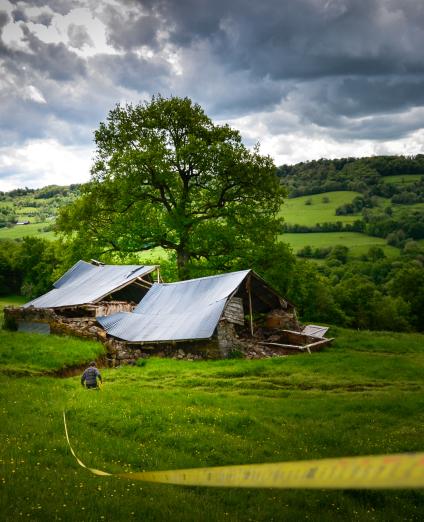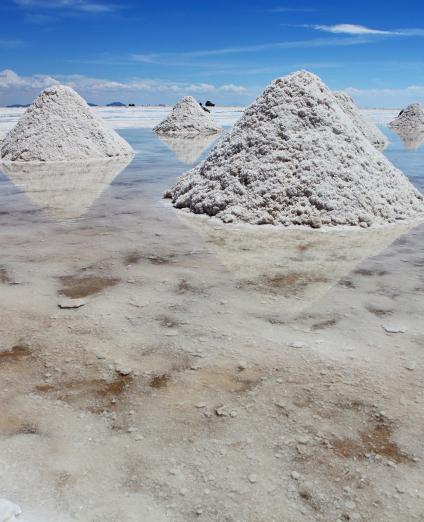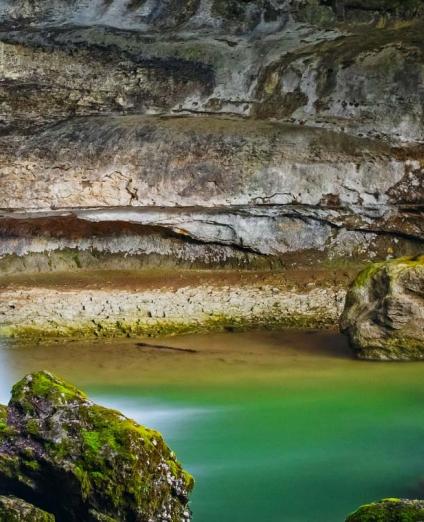As a public institution for research and expert studies, BRGM contributes to the dialogue between science and society in its different fields.
Establishing a dialogue with civil society representatives in the French regions
BRGM's regional representatives organise meetings with representatives of civil society groups to discuss regional environmental questions relating to BRGM's areas of expertise and on which papers and articles have been published.
These meetings provide opportunities for open and constructive discussions. They stimulate exchanges of knowledge - or of knowledge "gaps” - questions from all parties and the expression of their expectations, while observing the ethical principles that guarantee transparency and trust and preserve the independent judgement of all concerned.
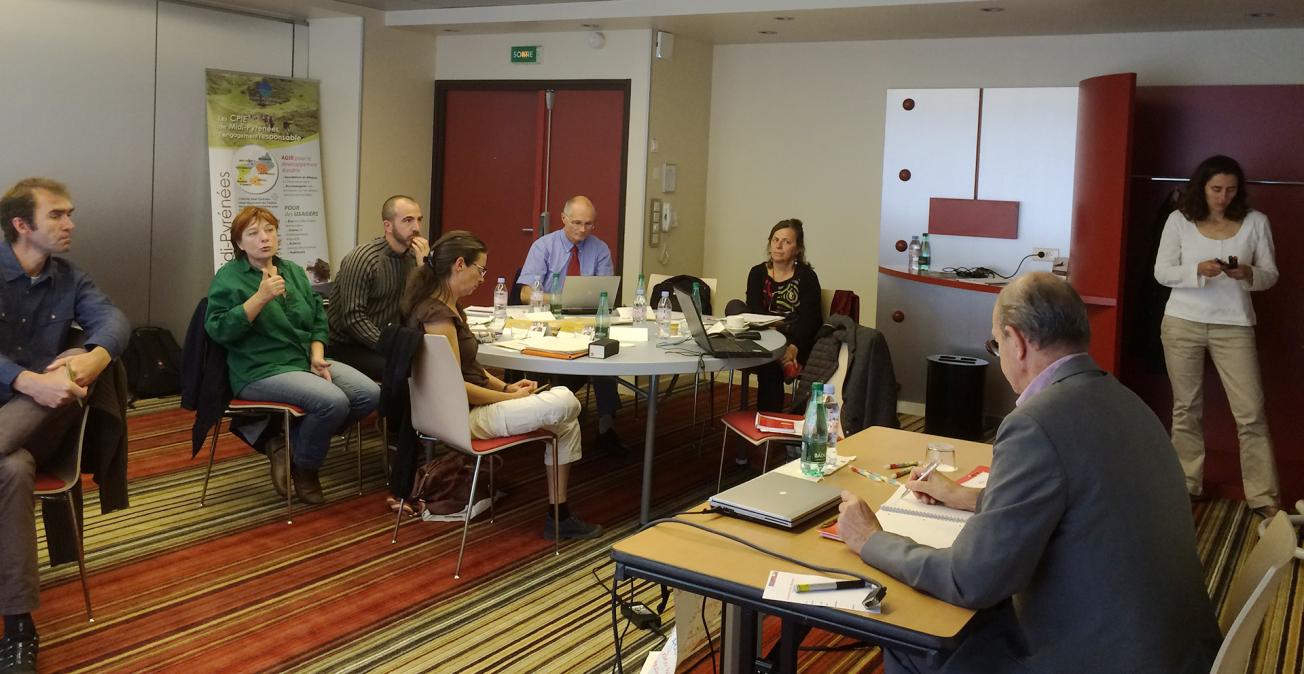
Meeting of 28 September 2015 in Toulouse.
© BRGM
Summary of the meeting held in Toulouse on 28 September 2015
Topic on the agenda
A programme for discussions between the Midi-Pyrénées region and BRGM Midi-Pyrénées Regional Division to explore topics of common interest.
Date and venue
Monday, 28 September 2015, at the Hotel Mercure Saint-Georges in Toulouse.
Agenda
- Presentation of work undertaken by BRGM Midi-Pyrénées with a focus on the Information System for Groundwater Management (SIGES) for the Midi-Pyrénées region
- Round table on participants’ expectations
- Workshops to explore topics of common interest
- Drawing up a joint roadmap
Participants
11 participants, respectively from the following organisations:
- Regional Union of Permanent Centres for Environmental Initiatives (URCPIE) in Midi-Pyrénées;
- Permanent Centre for Environmental Initiatives (CPIE) for Quercy-Garonne (82);
- Permanent Centre for Environmental Initiatives (CPIE) for Bigorre-Pyrénées (65);
- Permanent Centre for Environmental Initiatives (CPIE) for the Ariège (09);
- Permanent Centre for Environmental Initiatives (CPIE) for the Pays Tarnais (81);
- Permanent Centre for Environmental Initiatives (CPIE) for the Rouergue (12);
- Permanent Centre for Environmental Initiatives (CPIE) for the Pays Gersois (32);
Participants' expectations and questions, discussions
- Schedule one-day visits with each CPIE in its own locality for discussions and sharing of BRGM knowledge and expertise;
- Tailor activities to each target audience: young people, farmers, etc.;
- Need for a map of geological points of interest in the region;
- Need for communication material, such as leaflets;
- Need for editorial content written in accessible language and relevant to the different regional issues arising as regards flood risks, rising water tables, rockfalls, shrinking and swelling of clay soils, groundwater;
- Produce local radio programmes;
- Publish articles in well-targeted journals to present results and solutions, alternatives and tools that can be transposed from one region to another;
- Set up a specific outreach project with the Adour-Garonne Water Agency on recent projects: exhibition on groundwater with 8 panels to complement the initial exhibition (1 per specific regional issue).
Common roadmap
6 points finalised at the end of the meeting:
- Organise CPIE-BRGM meetings in each local area;
- Define learning programmes on hydrogeology for school pupils;
- Position BRGM to address the Green and Blue Belt network;
- Facilitate round-table discussions;
- Organisation of BRGM talks by the CPIEs;
- Identify communication tools at the local level and define targets.

